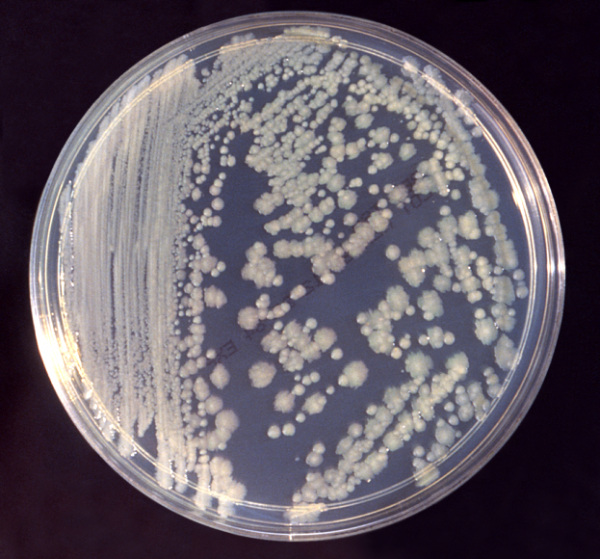
People who have been severely burned appear to have changes in the bacteria in their intestinal systems, the normal microbiome that is made up of trillions of bacteria. These changes may increase the risk of serious infections, which are a leading cause of death in people with serious burns. This increased risk may be because the microbiome changes allow bacteria to leak from the intestines into the body as a whole and into the blood.
In a very small study, researchers at Loyola University Chicago Health Sciences Division found that patients who had suffered severe burns had a huge increase in Enterobacter bacteria, a class of potentially harmful bacteria. They examined fecal samples from four severely burned patients obtained several days after their burns and compared them to fecal samples from eight patients who had suffered minor burns. Enterobacter bacteria made up almost 32% of the bacteria in the samples from those with severe burns, but they made up only 0.5% of those with minor burns.
These kinds of changes in intestinal bacteria may contribute to sepsis or other infectious complications that cause 75% of all deaths in patients with severe burns, according to Mashkoor Choudhry, Ph.D., professor in the Burn and Shock Trauma Research Institute at Loyola. The imbalance could compromise the walls of the gastrointestinal tract, enabling harmful bacteria to leak out of the gut and into the bloodstream.
The findings may mean that burn patients could benefit from being treated with probiotics, which are doses of live beneficial bacteria. Choudhry is planning further research to study the microbiome in burn patients.
In healthy individuals, the gastrointestinal microbiome contains more than 100 trillion bacteria that live in a careful balance among species there and which provide numerous benefits. Disruptions in this balance have been linked to many conditions, including inflammatory bowel disease, obesity, rheumatoid arthritis, and diabetes.
The study was published in PLOS One, an online journal, and can be read at http://journals.plos.org/plosone/article?id=10.1371/journal.pone.0129996.

